Python - Python Learning and Practice
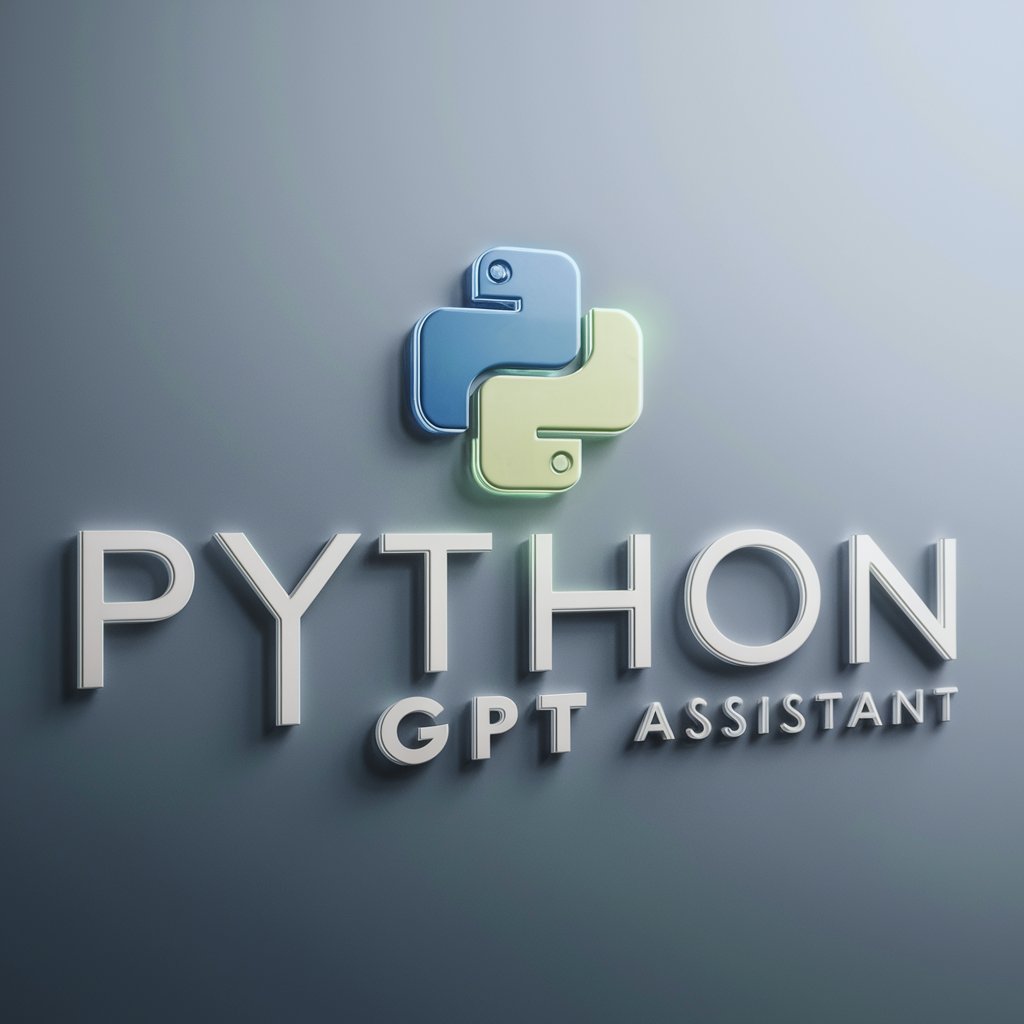
Hello! How can I assist with your Python coding today?
Elevate Coding with AI-Powered Python
Create a Python script that...
Generate a function to...
Design a class in Python that...
Develop a Python program to...
Get Embed Code
Understanding Python: Basics and Purpose
Python is a high-level, interpreted programming language known for its clear syntax and readability, making it an excellent choice for beginners and experienced developers alike. Designed by Guido van Rossum and first released in 1991, Python's design philosophy emphasizes code readability with its notable use of significant whitespace. Its language constructs and object-oriented approach aim to help programmers write clear, logical code for small and large-scale projects. Python is dynamically typed and garbage-collected, which supports a wide range of programming paradigms, including procedural, object-oriented, and functional programming. Example scenarios illustrating Python's use include data analysis, where Python's libraries like pandas and NumPy simplify data manipulation; web development, using frameworks such as Django and Flask to create web applications; and automation scripts that perform mundane, repetitive tasks, thereby increasing efficiency. Powered by ChatGPT-4o。

Key Functions and Real-World Application of Python
Data Analysis
Example
Using pandas for data manipulation and analysis.
Scenario
A data scientist analyzes customer behavior data to derive insights into purchasing patterns, using Python's pandas library to clean, transform, and analyze the data.
Web Development
Example
Developing web applications with Django.
Scenario
A web developer creates a blog platform using Django, benefiting from its built-in features for user authentication, content administration, and template processing.
Machine Learning
Example
Implementing machine learning models with scikit-learn.
Scenario
A machine learning engineer develops a predictive model to forecast stock prices, utilizing scikit-learn for data preprocessing, model selection, and evaluation.
Automation
Example
Writing scripts to automate repetitive tasks.
Scenario
An IT administrator writes a Python script to automate the setup of new user accounts and installation of software across company computers, significantly saving time and reducing errors.
Scientific Computing
Example
Using NumPy for numerical computations.
Scenario
Researchers perform complex mathematical calculations and simulations in the field of physics, using NumPy for its efficient handling of large arrays and matrices.
Who Benefits from Python?
Data Scientists and Analysts
Professionals who handle vast amounts of data and require tools for data cleaning, visualization, and analysis. Python's rich ecosystem, including libraries like pandas, matplotlib, and seaborn, makes it invaluable for these tasks.
Web Developers
Developers focusing on building and deploying web applications. Python's frameworks such as Django and Flask offer a robust foundation for developing secure, scalable web applications efficiently.
AI and Machine Learning Engineers
Individuals working on the cutting edge of artificial intelligence and machine learning. Python provides a comprehensive suite of libraries, such as TensorFlow, PyTorch, and scikit-learn, to design, train, and deploy machine learning models.
Software Engineers
Developers who value code readability and want to build software that ranges from simple scripts to complex systems. Python's syntax and dynamic typing system allow for rapid development and iteration.
Academics and Researchers
Scientists and researchers conducting complex computations, simulations, or analyses in fields such as physics, chemistry, and biology. Python's support for scientific computing libraries, like SciPy and NumPy, facilitates this work.

How to Use Python
Start without hassle
Visit a platform offering Python practice environments, such as repl.it or an AI tool website, to get started without the need for signing up or subscribing to premium services.
Install Python
Download and install Python from python.org. Ensure to add Python to your system's PATH to run Python commands from the command line or terminal.
Set up your environment
Choose an Integrated Development Environment (IDE) like PyCharm or Visual Studio Code for writing and debugging your Python code more efficiently.
Explore libraries
Explore Python libraries relevant to your needs. For web development, learn Flask or Django. For data science, focus on NumPy, Pandas, and Matplotlib.
Practice coding
Start with simple projects and practice regularly. Utilize online resources and communities like Stack Overflow and GitHub to learn from others and share your projects.
Try other advanced and practical GPTs
Voice Coach
Empowering Voice Actors with AI

Awesome Spellcheck
Enhance Your Writing with AI-Powered Precision
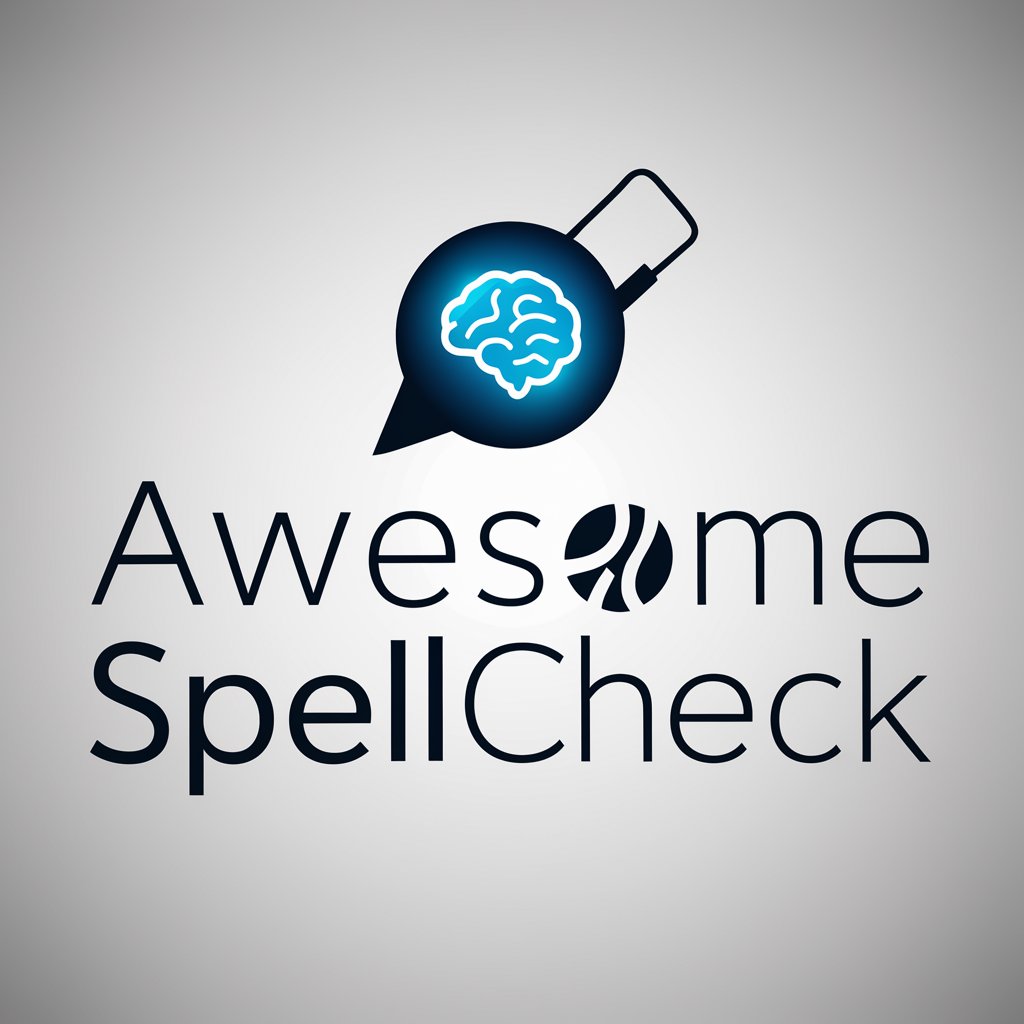
Awesome Summarizer
AI-powered Precision Summarization
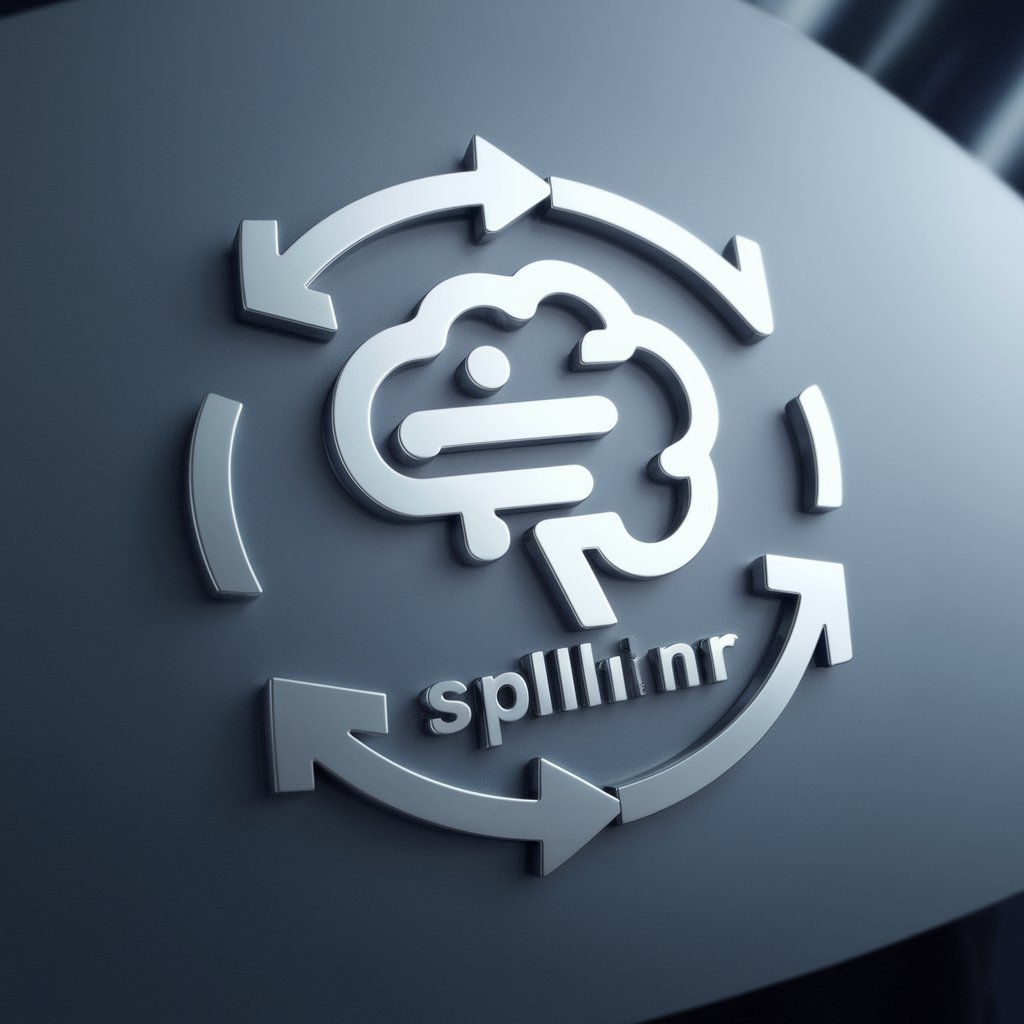
Krish Awesome
Empowering Conversations with AI Flair
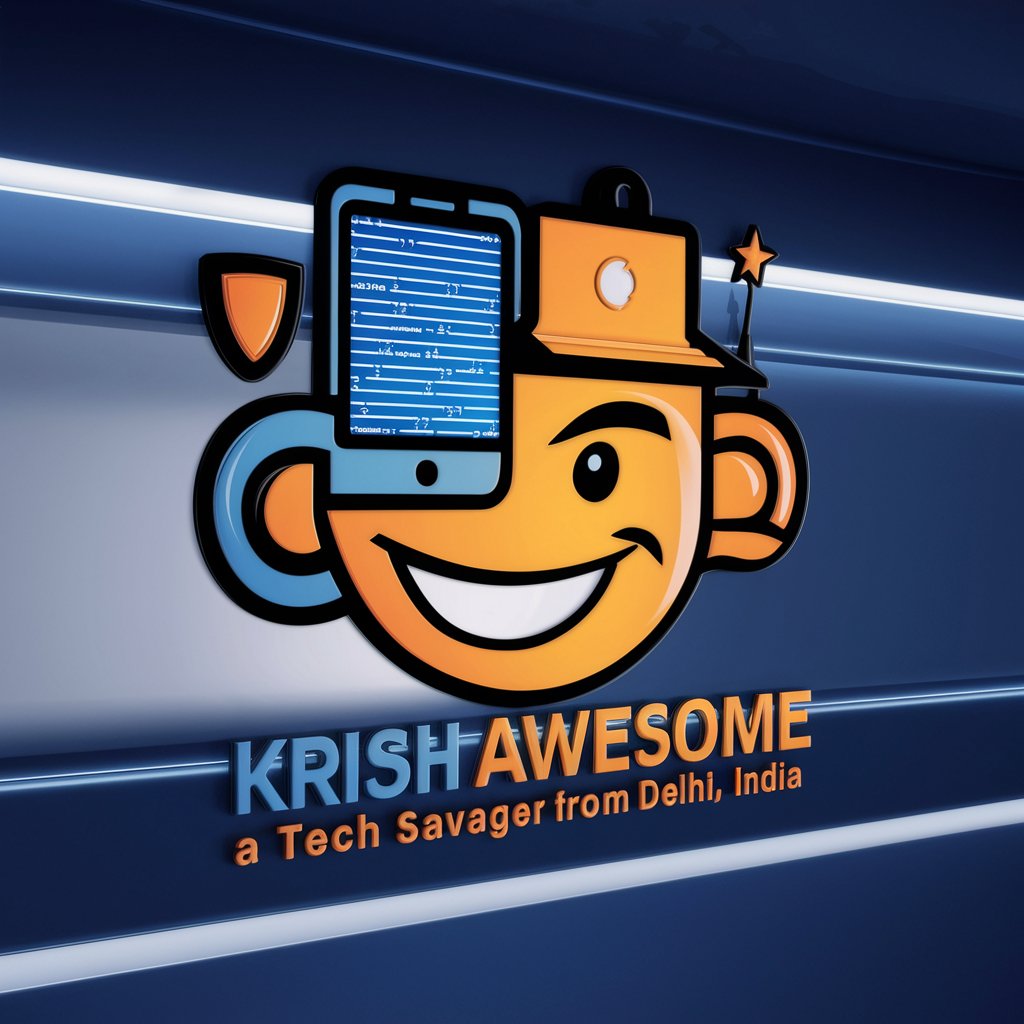
Awesome GPT
Navigate GitHub’s treasures, effortlessly.
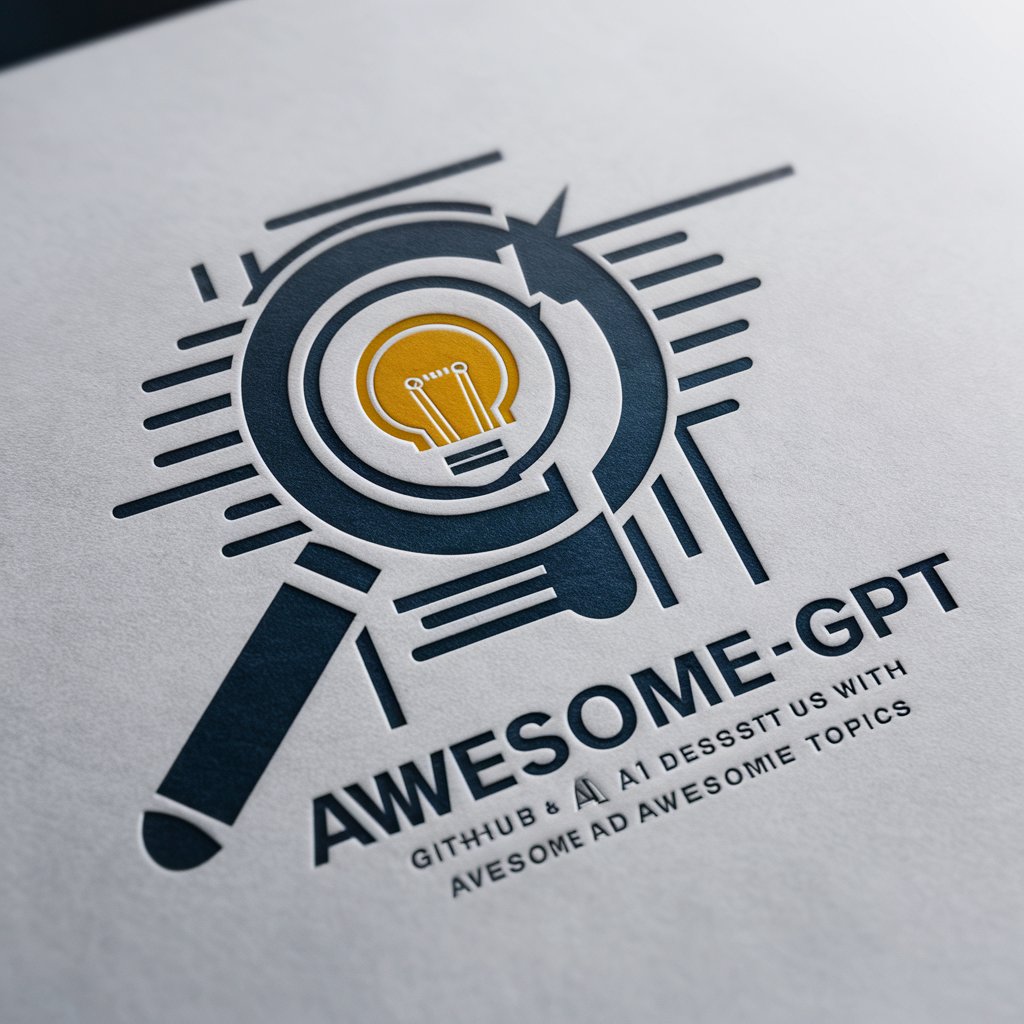
Awesome AI
Unlock AI's potential across fields
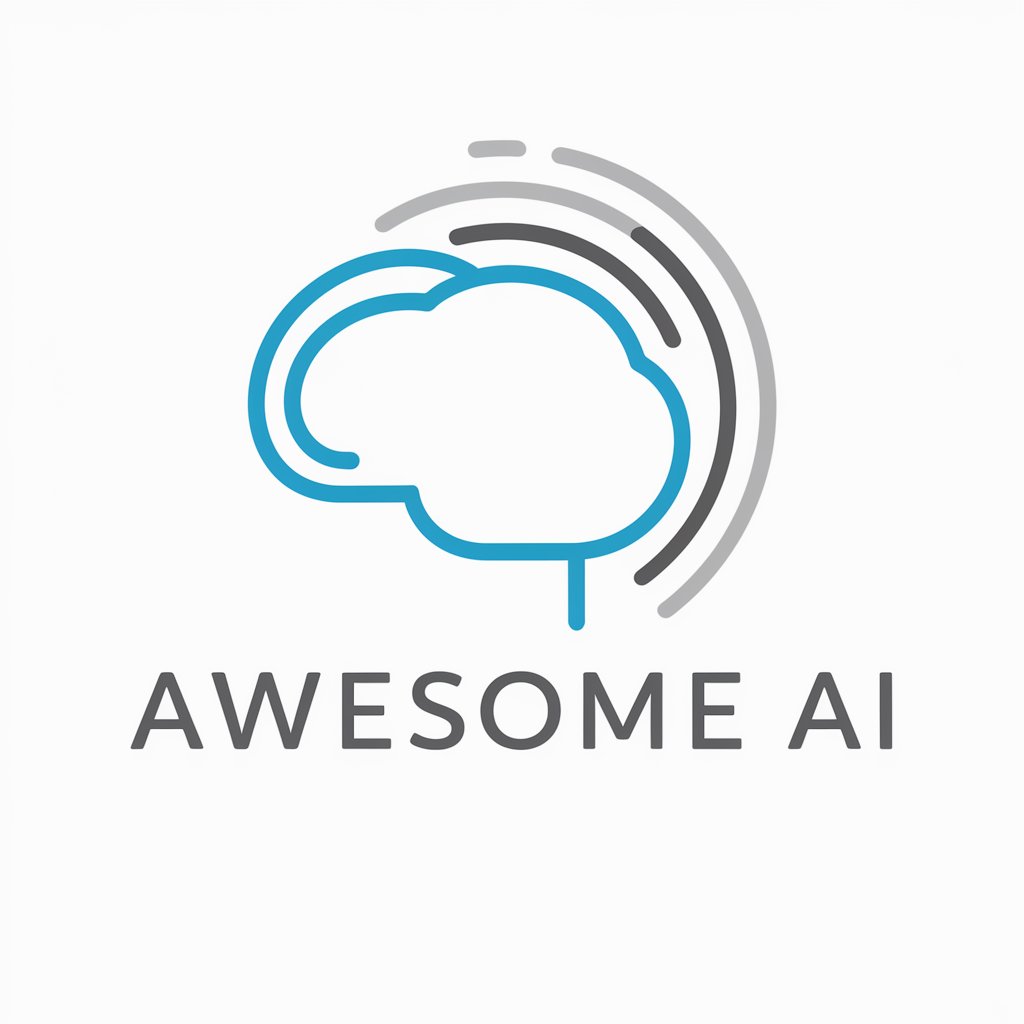
Python
Empowering your code with AI
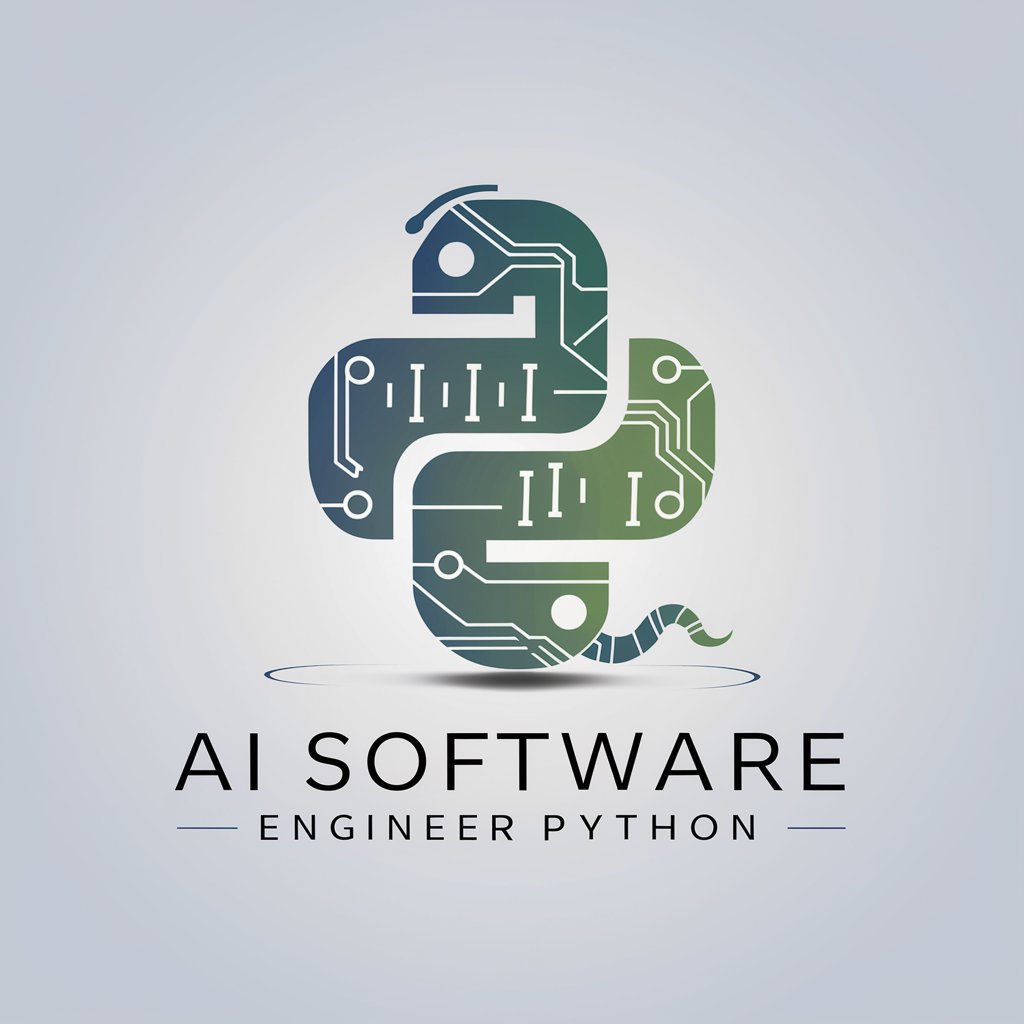
Python Coach
Empowering Your Python Journey with AI
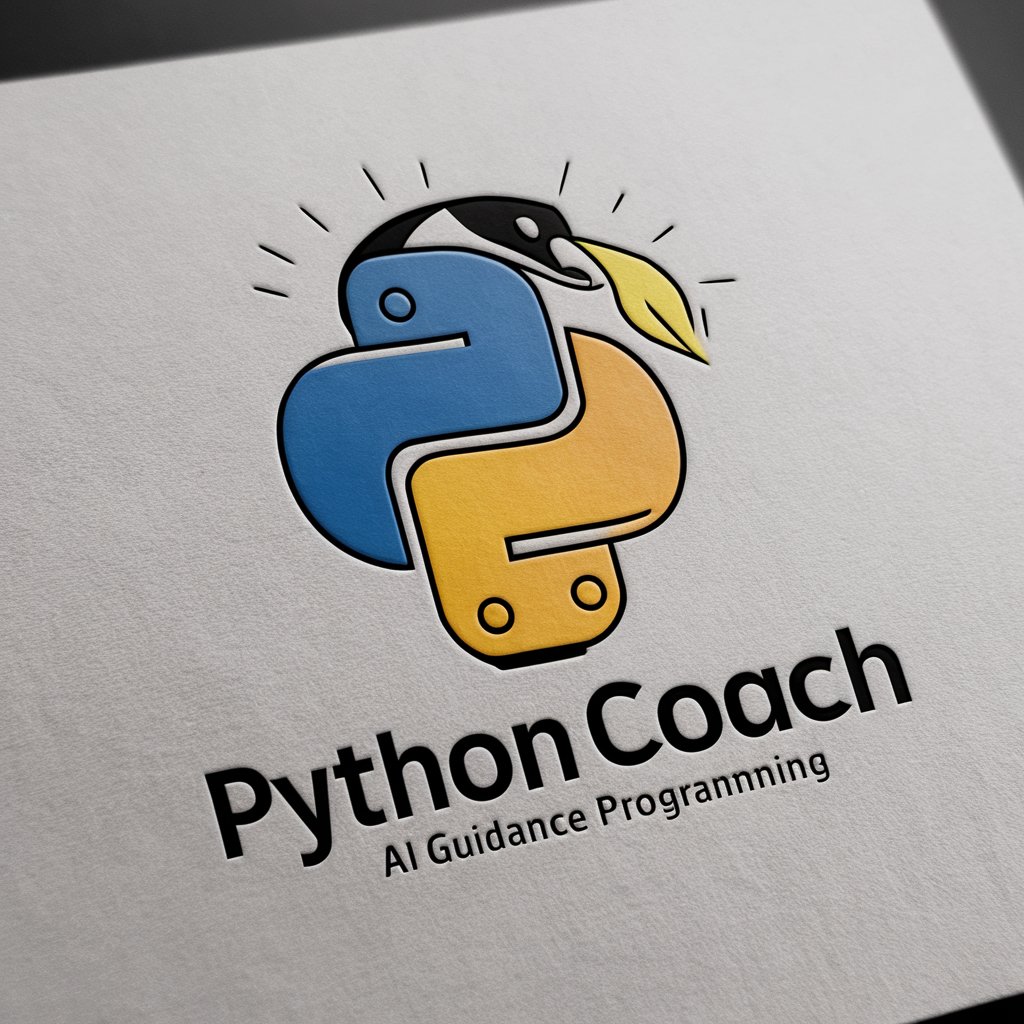
Idea Spark
Spark Your Creativity with AI
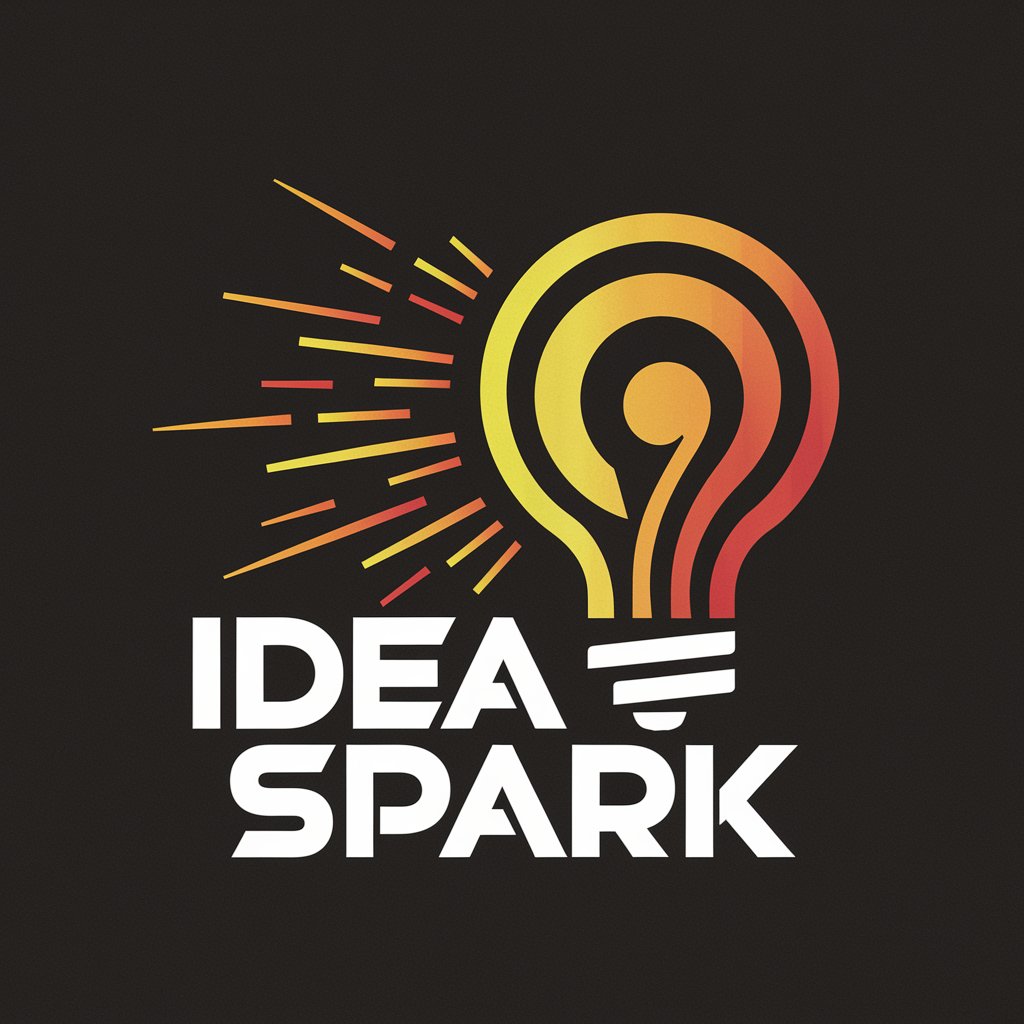
Idea Spark
Sparking Your Next Big Idea with AI

EduInnovator World
Empowering educational innovation with AI.

HELLO WORLD
Transform designs into code seamlessly.

Python Q&A
What is Python primarily used for?
Python is a versatile programming language used for web development, data analysis, artificial intelligence, scientific computing, and more due to its simple syntax and powerful libraries.
How do I manage Python packages?
Use pip, Python's package installer, to manage libraries. You can install, upgrade, and remove packages easily. Virtual environments via venv or virtualenv are recommended for project-specific dependencies.
Can Python be used for web development?
Yes, Python is widely used in web development. Frameworks like Django and Flask provide tools to build robust web applications efficiently.
What are some best practices for Python coding?
Follow the PEP 8 style guide, use virtual environments, write readable code with proper naming conventions, document your code, and write tests to ensure reliability.
How can I improve my Python skills?
Practice by working on projects, contribute to open source, solve problems on coding platforms, read Python books and documentation, and stay updated with the latest trends and libraries.
